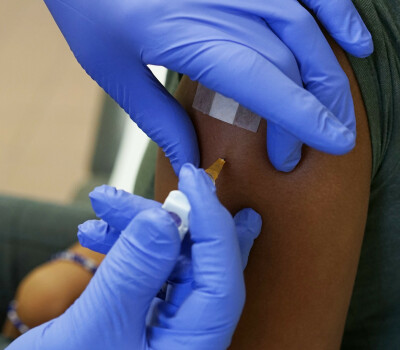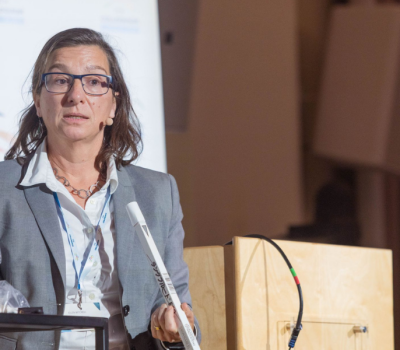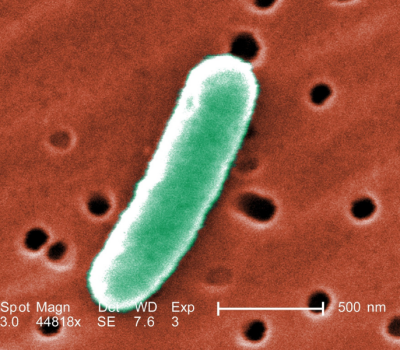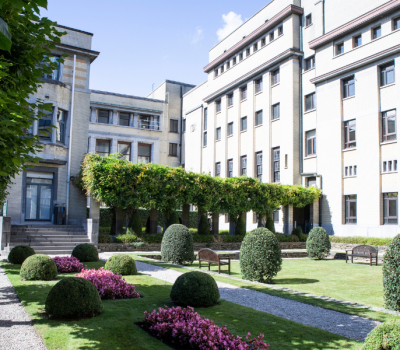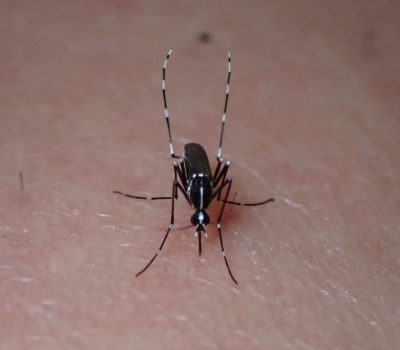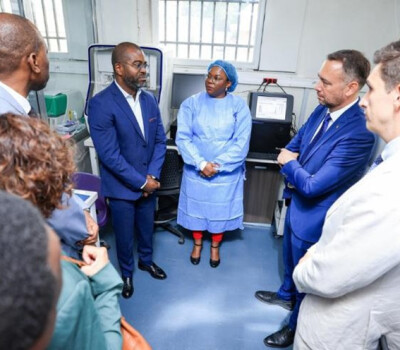Climate change could reprogram malaria mosquitoes
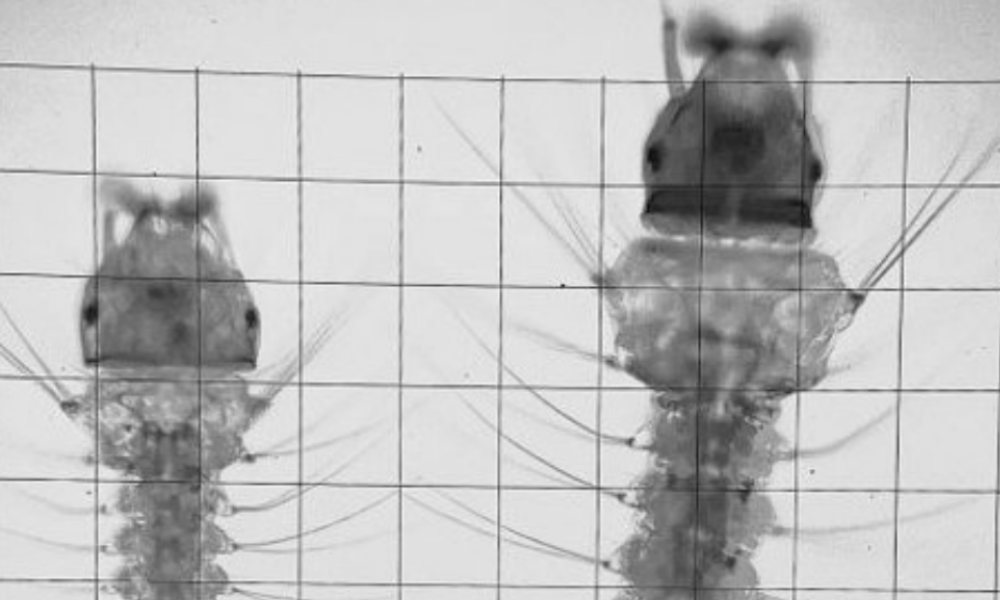
New research from the Institute of Tropical Medicine (ITM) in Antwerp reveals that daily swings in temperature and humidity significantly alter the biology and immunity of the major malaria mosquito, Anopheles stephensi. Published in Global Change Biology, the study challenges the standard use of static laboratory conditions and shows that realistic environmental fluctuations mimicking climate change accelerate mosquito growth, boost their survival after infection, and even rewire their immune systems – which could seriously impact malaria transmission.
In nature, climate is not static. Yet, laboratory-based research on mosquito immunity, vector-pathogen interactions and malaria transmission has been conducted under fixed optimal conditions that don’t exist in the real world. Our work shows that these daily environmental shifts are critical. Ignoring them may cause us to misjudge how mosquitoes and the diseases they transmit will respond to climate change.
Maria Luísa Simões, Professor of Experimental Immunology and Head of the Simões Lab at ITM

A first-of-its-kind approach
The study is the first to expose mosquitoes to controlled, hourly variations in both temperature and humidity, based on real-world weather patterns and future climate projections.
This novel approach shows how warmer and humid conditions and climatic changes (i) boost the basal immunity of the mosquitoes before infection, (ii) accelerate their growth, (iii) increase their survival after infection, and (iv) alter key genes involved in their immunity defenses against malaria parasites. In other words, climate regulates the malaria mosquito defense mechanisms.
These findings highlight the complexity and climate-sensitivity of the mosquito’s immune system (the first line of defence against malaria parasites), suggesting that climate change could significantly impact malaria transmission. The study findings suggest that conventional laboratory settings may underestimate how mosquitoes adapt—or even thrive—under climate stress.
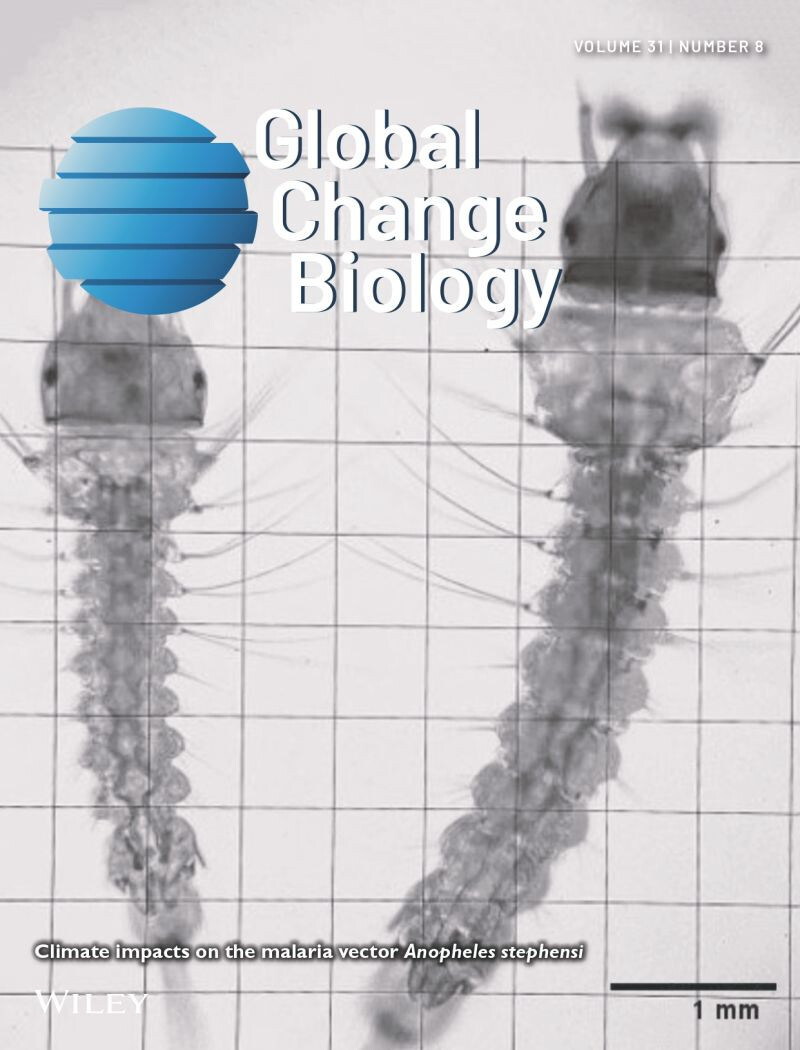
The effect on African cities
Native of South Asia, Anopheles stephensi has been spreading across Africa, threatening current malaria control efforts on the continent, especially in urban environments, and raising concerns about harder-to-control outbreaks in densely populated cities.
“Urban areas are often heat islands, with higher temperatures than surrounding rural zones. Our study highlights the need to use realistic climate data in research to accurately predict and prepare for malaria transmission in these changing global environments”, Simões emphasizes.
Implications for mosquito-based genetic solutions for malaria control
A key finding of the study is that the promoters widely used in genetically modified mosquitoes (GM) as “on/off switches” for transgenes, are themselves sensitive to environmental changes. GM or transgenic mosquitoes, whose genomes have been altered, are a promising tool for malaria control.
“Our results show that the mosquito-based genetic tools we are designing to fight malaria must be tested in the laboratory under conditions that reflect the reality of future climate change,” explains Simões. “A gene that confers resistance to malaria parasites might work perfectly at a constant 27°C and 75% relative humidity in the lab, but its effectiveness could change dramatically in the fluctuating future weather of an African city.”
Looking ahead, the Simões Lab will incorporate realistic climatic simulations in the development of transgenic Anopheles mosquitoes, positioning ITM at the forefront of climate-resilient mosquito-based malaria control genetic strategies.
Lemos‐Silva, T., De Neef, E., Valgaerts, Y., & Simões, M. L. (2025). Fluctuating Warm and Humid Conditions Differentially Impact Immunity and Development in the Malaria Vector Anopheles stephensi. Global Change Biology, 31(8). https://doi.org/10.1111/gcb.70382
Spread the word! Share this story on

